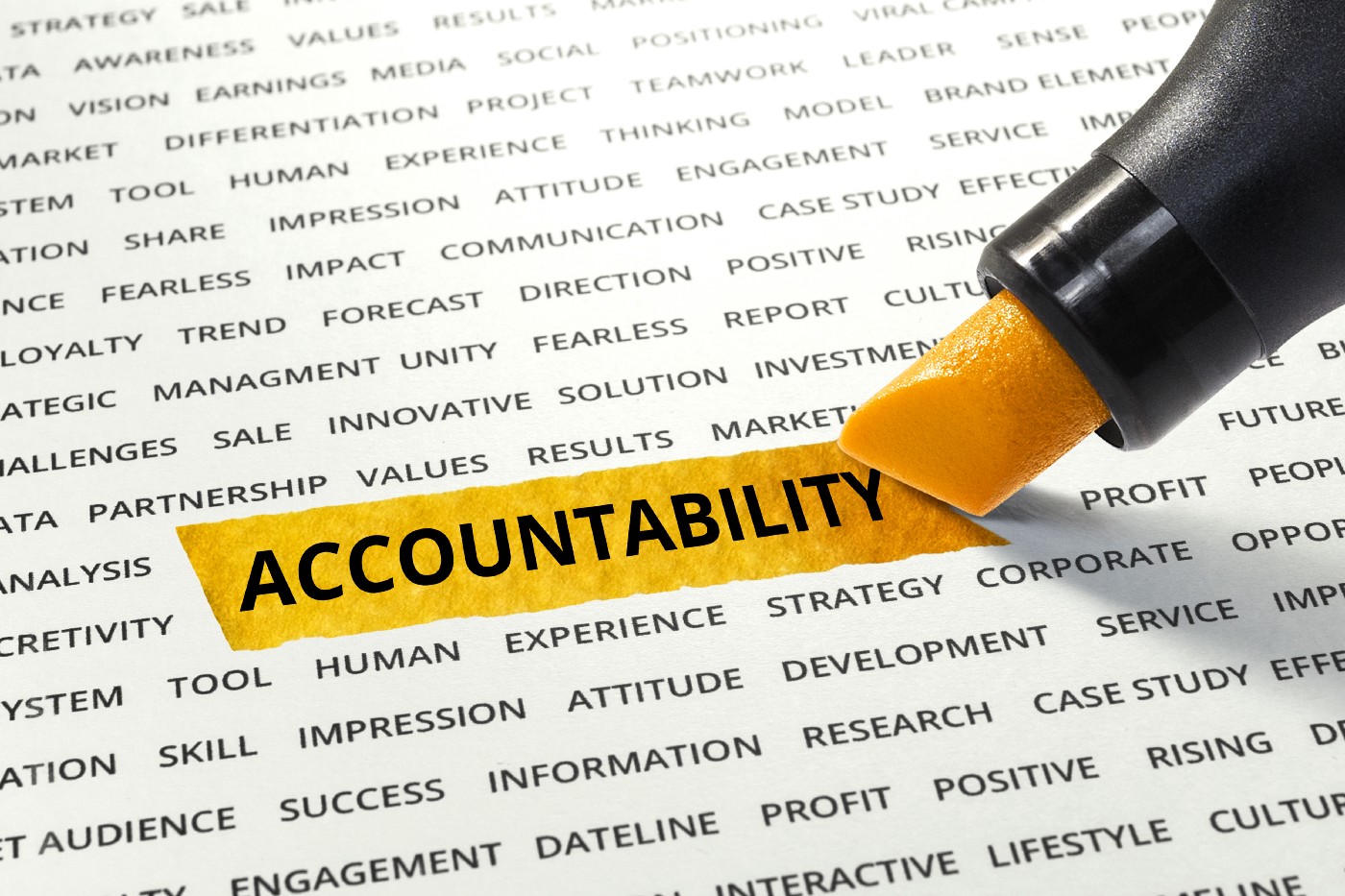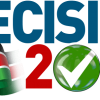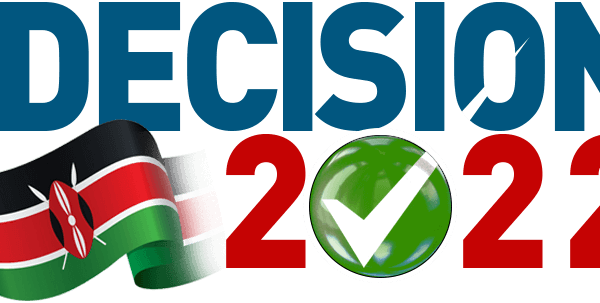
In life, we all have certain responsibilities. We took on some responsibilities from a young age. Most of us knew how to shower and brush our teeth before we were five years old; it was just part of growing up. During our school years, we were given greater responsibilities. We needed to finish our housework, turn in our school assignments on time, and take good care of our personal items. As we grew older, we were indoctrinated with a sense of personal responsibility. As a result, we frequently had to explain and apologize for undone duties, late assignments, and misplaced personal belongings. Our responsibilities grow rapidly as we become older. Not only are we responsible for ourselves, but also for others. Our children, employees, and, in some cases, the general public, become our responsibilities. We are ready to be held accountable once we fully accept our responsibilities.
People who are highly accountable take their responsibilities very seriously. They can be trusted to do what they say when they say they will. We take personal responsibility for our job and become more reliable when we choose to be accountable. We establish high personal credibility by being reliable. Accountable people are conscientious about what they do. Furthermore, when we are accountable, we are prepared and willing to bear the consequences of our actions and inactions. We accept responsibility for our mistakes and do so without making excuses or blaming others. Accountability enhances trust and performance by fostering stronger working relationships. Are you considered accountable?
Many people take on responsibilities they don’t want to be held accountable for. It is challenging for everyone since there is a lack of responsibility. Many people in positions of responsibility have a problem with accountability. They either do not keep their promises or make promises that they do not intend to keep. I’ve worked with employees that refuse to be held accountable for how they spend their time or the company’s resources. There is a lack of accountability in many organizations. This is due to the culture’s tolerance for excuses and blame games. In such organizations, the objective, expectations, and overall direction are frequently not specified. Why is there a lack of accountability? Why do we object to being held accountable for our actions, or lack thereof?
Businesses hoping to survive into the future must close the accountability gap. At all levels, accountability must be obvious. Individuals and teams must have a clear awareness of their roles and a commitment to completing the tasks at hand. Each individual and team member must understand their individual as well as collective responsibilities. Accountability occurs on a daily basis and over time. Revenue generation, for example, is the responsibility of the sales team. As a result, they must take responsibility for achieving the set targets. In addition, executives in the C-suite must be totally devoted to their mandate and willing to be held accountable. They must also hold the rest of the employees accountable. I believe this world would be a lot easier for all of us if everyone took responsibility for their actions. Let us choose to be accountable!
Dr. Lucy Kiruthu is a Management Consultant and Trainer. Connect via Twitter @KiruthuLucy









